Instead of "shaking" the world as initially expected, China's post-Covid economy is described by the Economist as "shaky".
China's post-Covid recovery was once expected to "shake" the world , but instead, the country's updated economic data for April fell short of expectations, even "shaky," the Economist recently assessed.
By the time the April data was released, the country’s stock market had stalled, government bond yields and the yuan were falling. The country’s trade-weighted exchange rate—a measure of a country’s currency relative to a group of key trading partners—was as weak as it had been in November, when cities across the country were still under lockdown.
Will May data be better? The purchasing managers' index (PMI) released by China's National Bureau of Statistics late last month showed manufacturing activity contracted for a second straight month and services grew at a slower pace than in April. Another PMI measured by Caixin was more positive.
But both PMIs showed that both input and output prices in manufacturing fell. Some economists believe output prices may have fallen more than 4% in May compared to a year earlier. That hurts profits, which in turn discourages investment in manufacturing. It also raises concerns about a deflationary spiral.
At the same time, after a surge in the first quarter, credit and new loans weakened in April as consumers and businesses cut back on borrowing. Households are saving more, while businesses face falling demand and falling profits.
Tinh Lu, chief China economist at investment bank Nomura, said China is increasingly at risk of a “double dip,” a situation in which an economy experiences a recession, recovers temporarily, and then falls into recession again. He predicted that the country’s growth trend could be near zero quarter-on-quarter, even if it remains significant year-on-year.
Elsewhere in the world, weak growth and inflation have been a difficult problem for policymakers to deal with. But in China, where growth has slowed and deflation has been accompanied by a problem, there is, in theory, a solution to both: loosening monetary and fiscal policy.
But some investors think the Chinese government is not worried. The country’s central bank (PBOC) seems unconcerned about deflation. Even without much stimulus, the government could hit its 5% growth target this year simply because of last year’s low base.
Robin Xing, chief China economist at Morgan Stanley, expects that stance to change soon. He points out that in 2015 and 2019, policymakers reacted quickly when the manufacturing PMI fell below 50 for several months. A reading below 50 reflects a negative, deteriorating business environment.
He believes the PBOC will cut banks’ reserve requirements in July or sooner. China’s policy banks, which lend to support development goals, could also increase credit for infrastructure investment.
Other experts agree. Zhang Ming, a researcher at the Chinese Academy of Social Sciences, a top government think tank, said low inflationary pressures would create room for monetary easing. Further interest rate cuts and targeted cuts to the reserve requirement ratio (RRR) to reduce lending costs would also be considered.
Li Chao, chief economist at Zheshang Securities, also predicted a possible rate cut and RRR cut in the second half of this year. He expects the US Federal Reserve (Fed) to enter a rate cut cycle in the fourth quarter, giving Beijing more room to ease monetary policy.
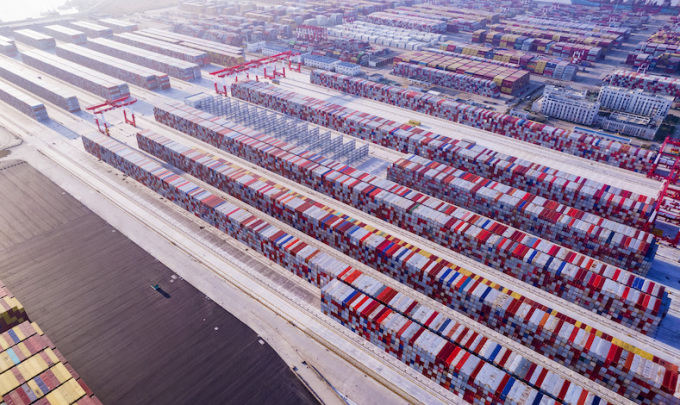
Containers at a port in Shanghai on January 8. Photo: Caixin
In a latest move, Bloomberg sources said that Chinese authorities have just asked the country's largest banks to lower interest rates on demand deposits and 3-year and 5-year term deposits.
Once the deposit rate cut takes effect, it will reduce banks' costs, allowing them to lower lending rates. Consumers and businesses will find it cheaper to borrow money. Lower deposit rates will also make it less attractive for people to keep cash in banks.
However, some experts such as Tinh Lu of Nomura are not optimistic. The expert believes that Beijing will make small adjustments, so it will not improve much. If it chooses to intervene more strongly, it may encounter other obstacles.
He argued that authorities could order lending rates to be cut, but that would cut into the profits of banks already worried about losses on property loans. Beijing could also allocate more funds to local governments, but there have been cases of misdirected spending.
Another option is to hand out cash directly to households, but creating the machinery to do so will take time. In the past, governments could quickly stimulate the economy through infrastructure and real estate investment. But that tool is becoming less effective, Lu said.
Last month, Nomura cut its growth forecast for China this year from 5.9% to 5.5%. Similarly, Barclays also revised down its GDP forecast for the country from 5.6% to 5.3%.
Phien An ( Economist, Bloomberg, Reuters )
Source link


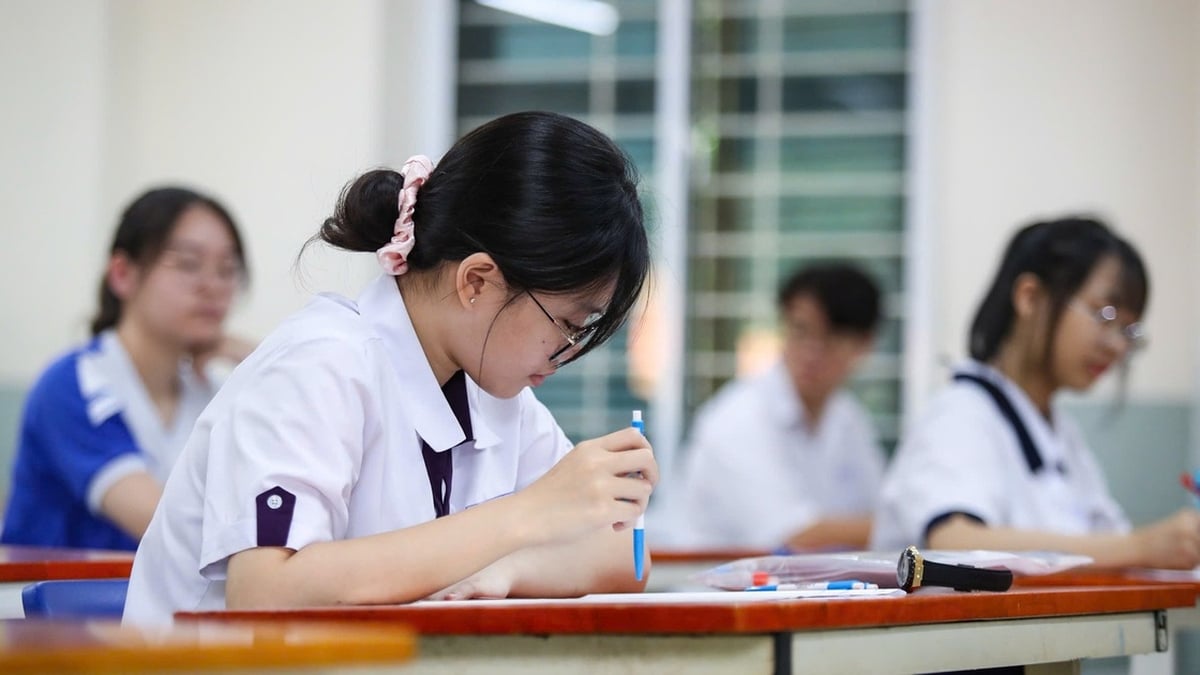

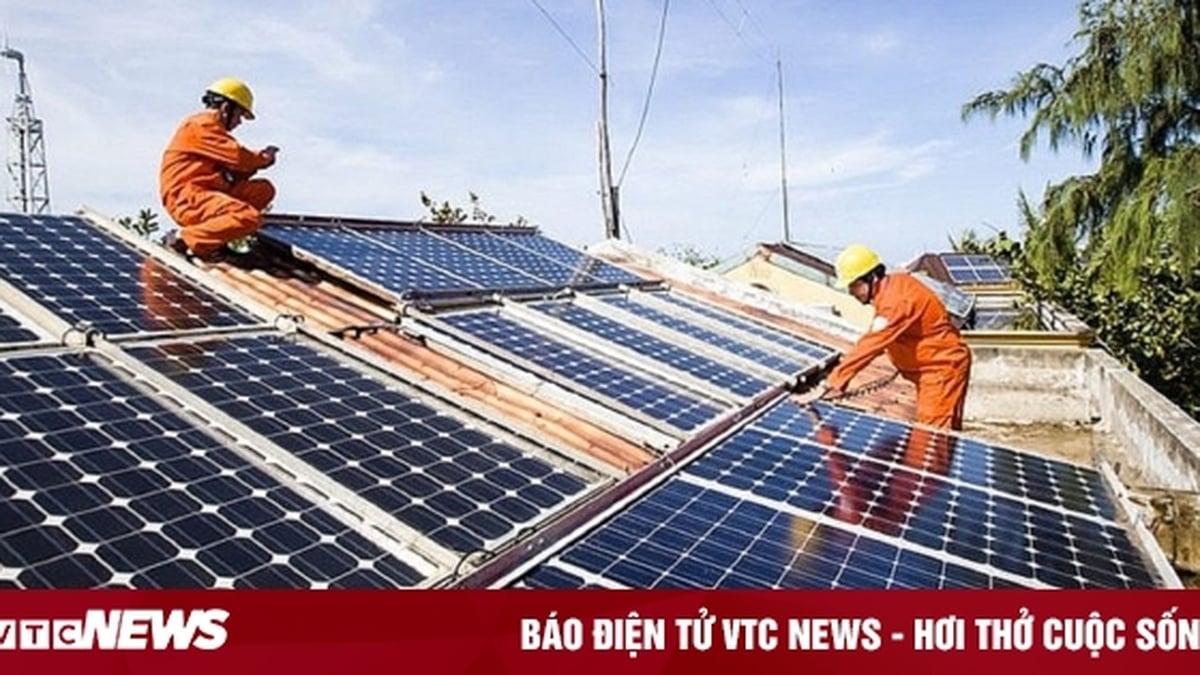
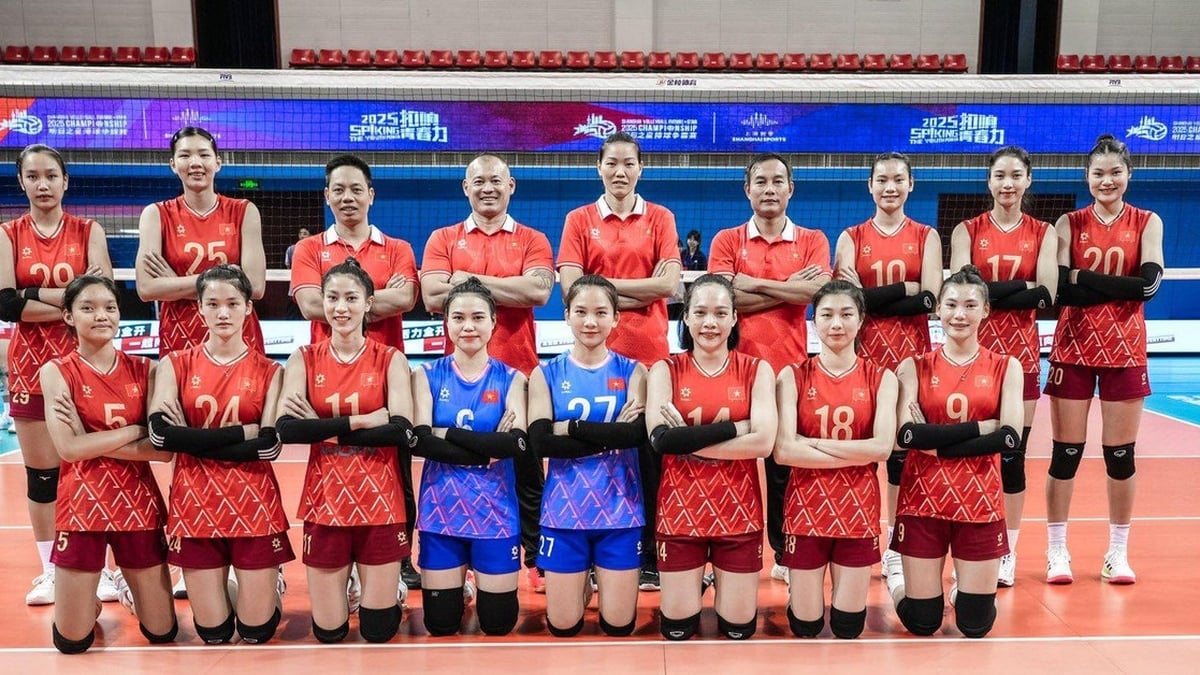
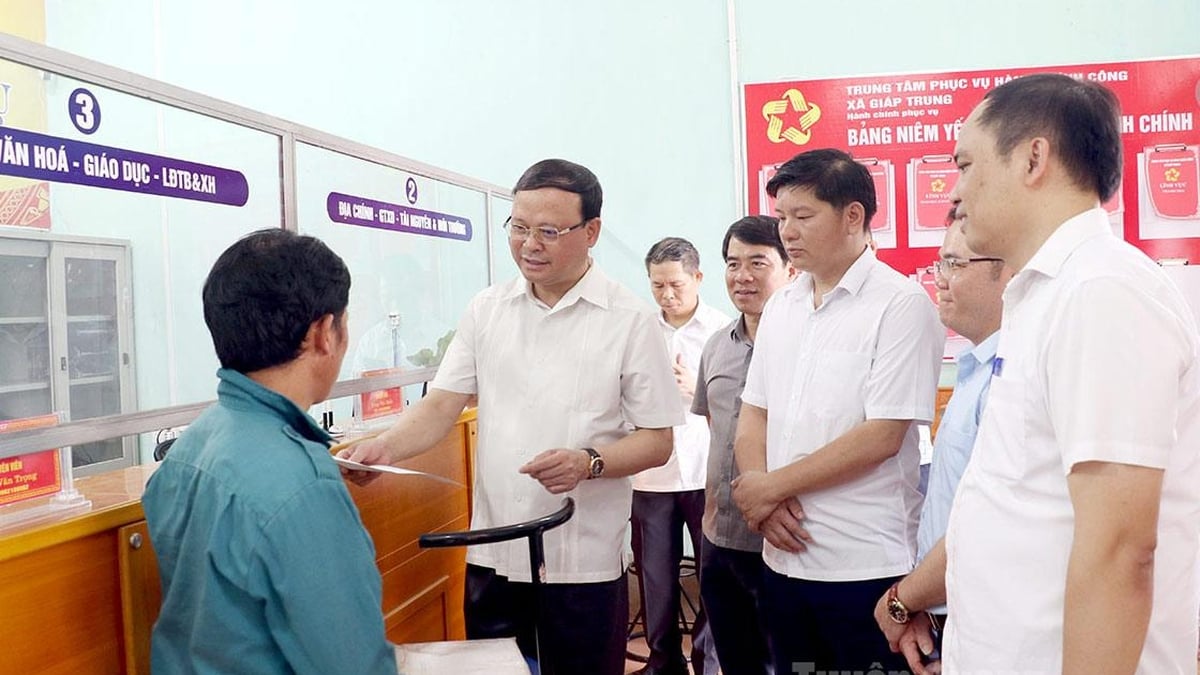

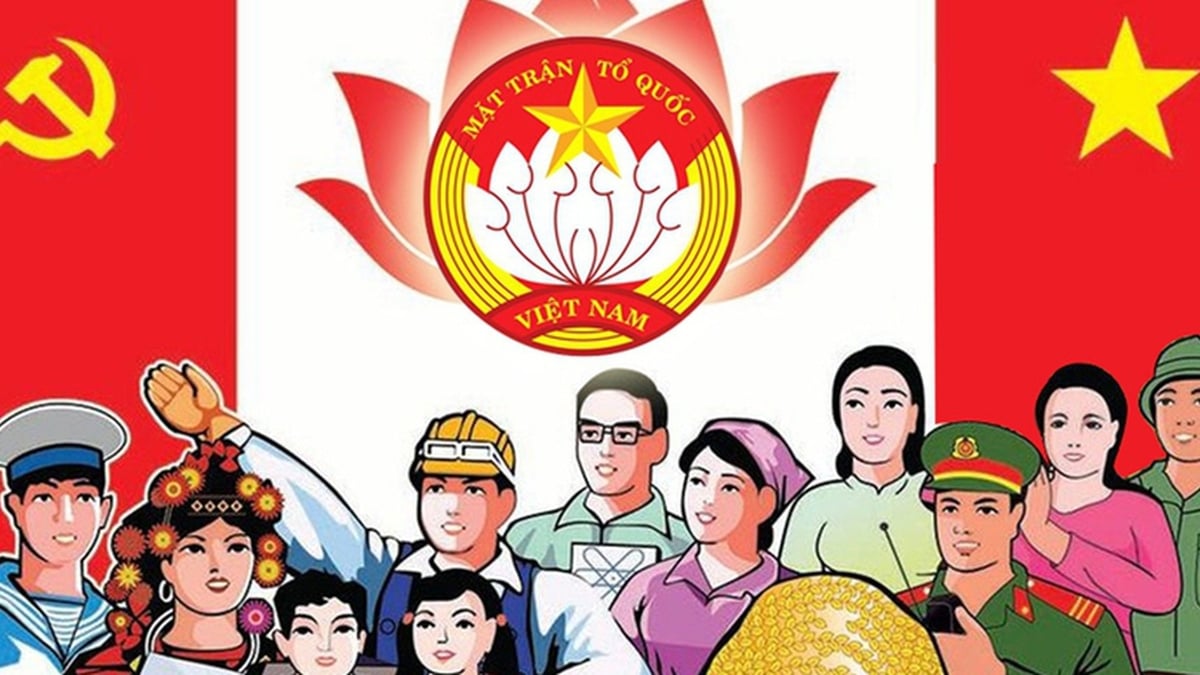
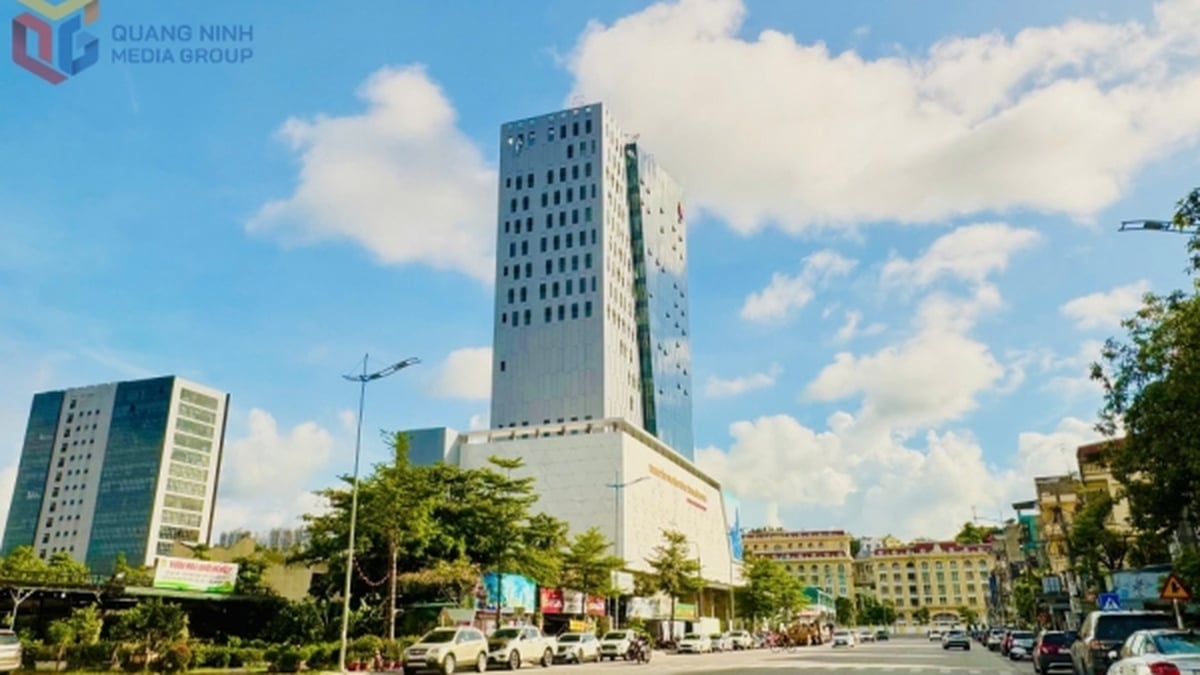
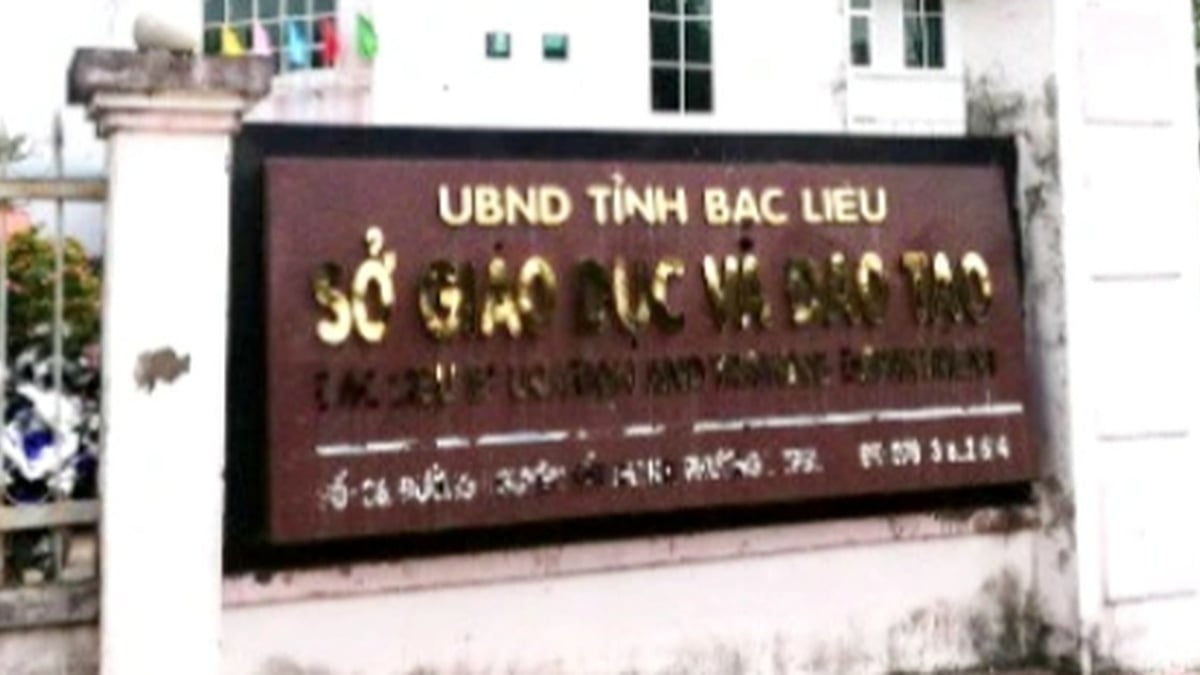
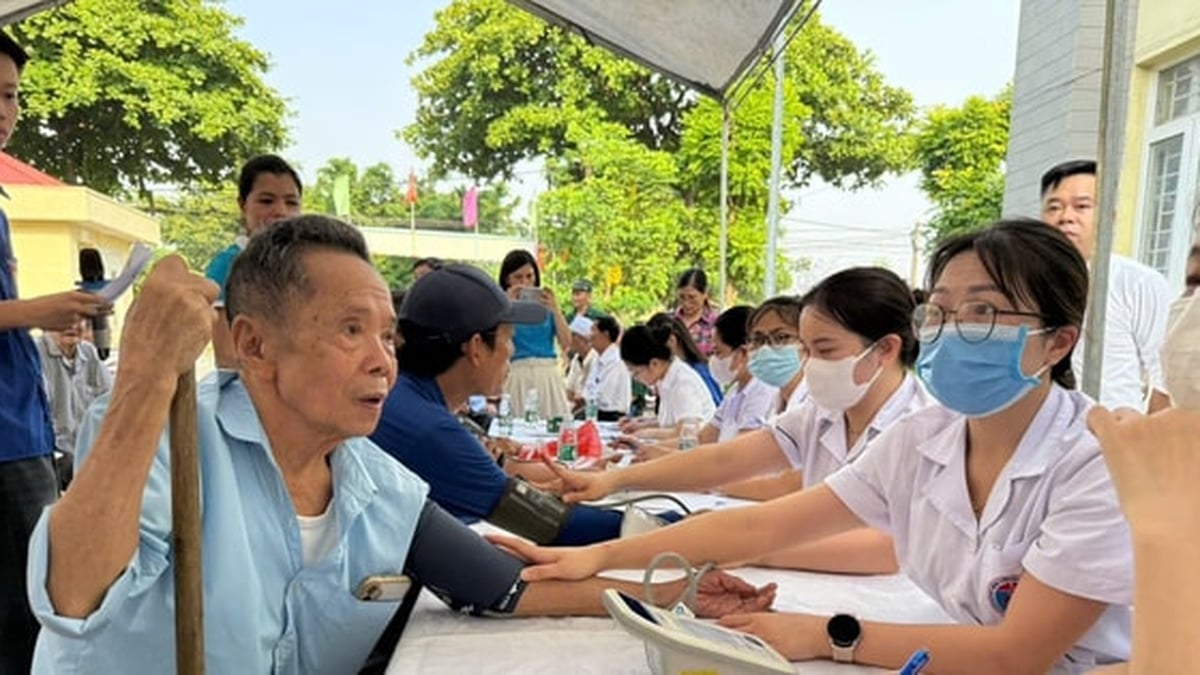























































































Comment (0)